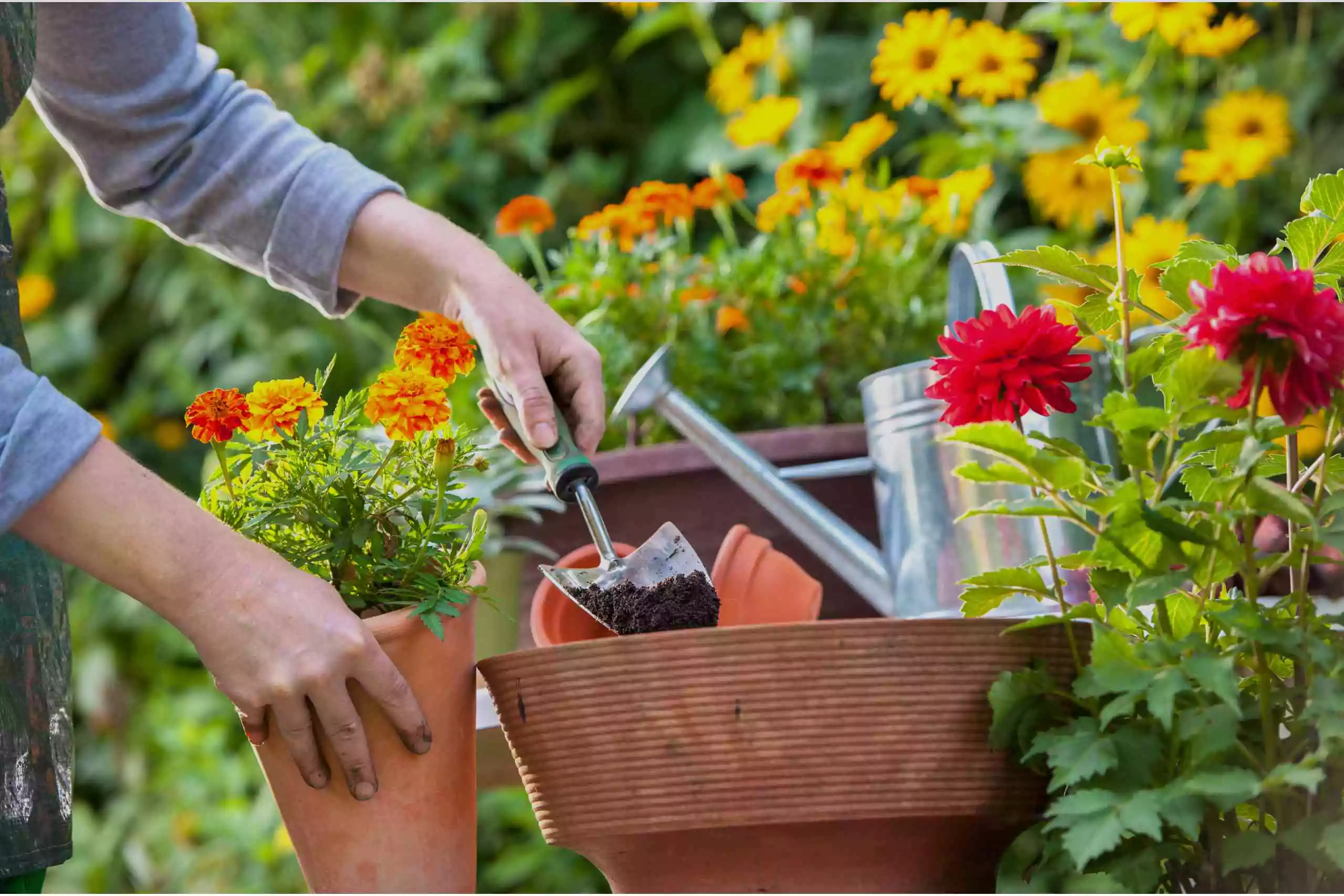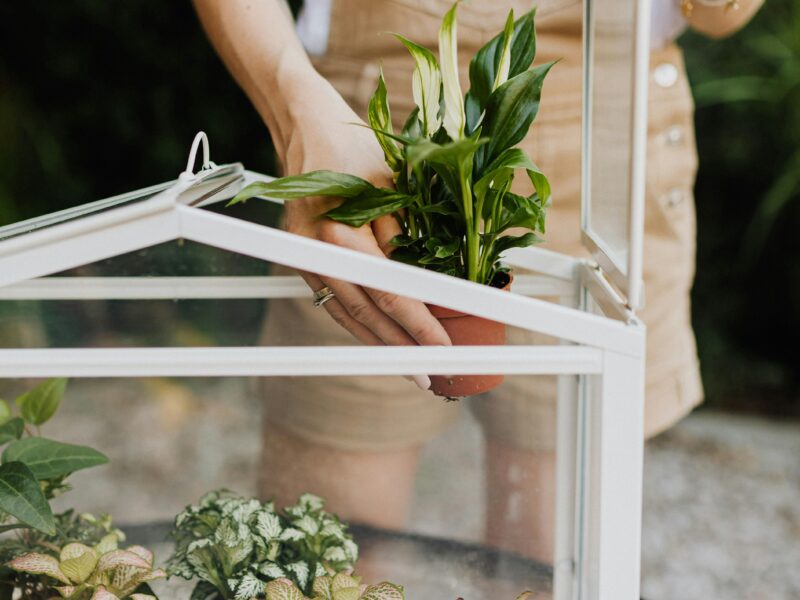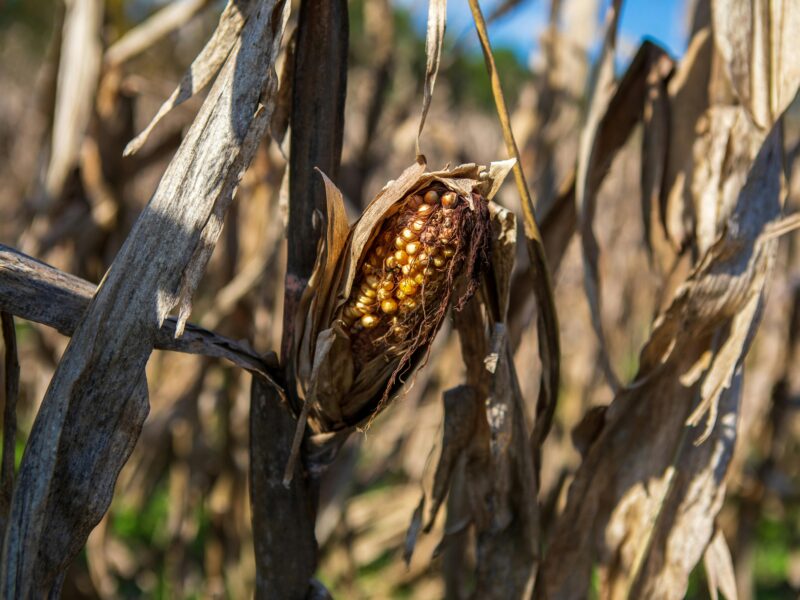Gardening can be a deeply rewarding hobby that not only beautifies your home but also enhances your well-being. However, diving into the world of gardening might seem daunting to beginners. Fear not! This guide is designed to help you start your gardening journey with confidence. Here are the top 10 tips that every beginner gardener should know.
1. Know Your Zone
Before planting anything, it’s crucial to understand your climate zone. This knowledge will guide you in choosing the plants that will thrive in your garden. The USDA Hardiness Zone Map is a great starting point to determine which plants are most likely to succeed in your specific location.
2. Start Small
It’s easy to get excited and bite off more than you can chew. Start small. Choose a manageable area or a few containers to begin with. This approach allows you to learn the ropes without becoming overwhelmed.
3. Choose the Right Plants
Some plants are more forgiving and easier to care for than others, making them perfect for beginners. Hardy perennials like daylilies, coneflowers, and hostas can provide enduring beauty with minimal upkeep. For vegetable gardens, consider starting with robust options like lettuce, radishes, and tomatoes.
4. Invest in Basic Tools
You don’t need a shed full of tools to start gardening, but a few essentials will make the process easier. Invest in a sturdy trowel, a pair of gloves, a watering can, and a good pair of pruning shears. Quality tools can last a lifetime and make your gardening experience much more enjoyable.
5. Understand Your Soil
The success of your garden heavily depends on soil quality. Most plants prefer well-draining soil rich in organic matter. You can improve your soil by adding compost, which provides nutrients and improves soil structure. A simple soil test kit can help you understand the pH level and nutrient makeup of your soil, allowing you to make necessary adjustments.
6. Water Wisely
Watering seems straightforward, but proper watering goes a long way in ensuring the health of your plants. Most plants prefer deep, infrequent watering, which encourages roots to grow deeper into the soil. Early morning is the best time to water because it allows the water to soak deeply into the soil, and the leaves can dry off during the day, reducing the risk of disease.
7. Learn to Mulch
Mulch is a gardener’s best friend. It helps retain soil moisture, suppress weeds, and improve soil quality. Organic mulches like shredded bark, straw, or grass clippings not only aid in maintaining soil moisture but also break down over time, enriching the soil.
8. Practice Patience
Gardening is not an instant gratification hobby. It takes time for plants to grow and flourish. Be patient with your plants and yourself as you learn more about how to care for your garden. Observing your plants’ growth and behavior over time can be a rewarding aspect of gardening.
9. Keep Learning
Gardening is a continuous learning process. Each season brings new lessons, opportunities, and challenges. Take advantage of local resources such as gardening clubs, workshops, and master gardener classes. Books, websites, and gardening blogs can also be invaluable resources.
10. Enjoy the Process
Finally, remember to enjoy the process. Gardening can be meditative and therapeutic. Spend time in your garden, not just working but also enjoying the peace and connectivity to nature it provides. Celebrate your successes and learn from your failures.
Starting a garden can be one of the most satisfying experiences. With these tips, you’re well on your way to cultivating a beautiful and thriving garden. Remember, every gardener was once a beginner. With patience and practice, your green thumb will flourish. Happy gardening!


